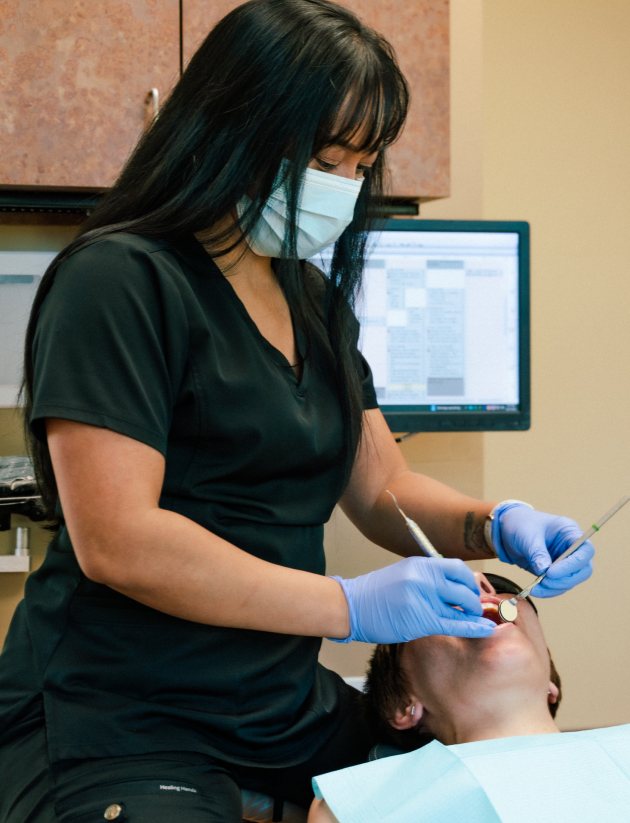
Importance of Disclosing Medications to Your Dentist
Although prescription medications each carry their own set of side effects, many can impact oral health and dental treatment. Patients who are undergoing medical treatment or have ongoing conditions requiring medication may not always disclose this information to their dentist. However, it is crucial for the dentist to be aware of the medications being taken in order to provide the best care for the patient's oral health concerns.
Building a strong relationship with your dentist can increase the likelihood of receiving proper treatment, preventative care, and adjustments to medications to better suit your oral needs. Patients should also be aware of the potential risks associated with combining medical and oral medications, as well as procedures that may increase the risk of complications. By discussing their medical history and prescribed medications with a complete health dentist, patients can weigh the risks and benefits to make informed decisions.
For more information on complete health dentistry, visit Gresham Advanced Dentistry in Gresham and the surrounding area. We can provide guidance on the importance of establishing a good rapport and effective communication with your primary dental provider. Contact us at (503) 661-2828 to schedule a consultation appointment to review any prescriptions that may impact your eligibility for dental treatment.
Heart Conditions
It is crucial for a primary dental provider to be fully informed about their patients' medical history, including conditions, medications, and prior treatments, especially for serious issues like heart disease. According to The Academy of General Dentistry, the most common cause of drug-related interactions is a lack of information about a patient's medical background. Therefore, it is essential to disclose all medical conditions, history, medications, supplements, allergies, and any adverse reactions to ensure safe and effective treatment.
While maintaining good oral hygiene can benefit heart health, patients with heart conditions may not be suitable candidates for certain dental procedures. Invasive treatments like periodontal therapy can potentially increase the risk of heart attacks and strokes by triggering inflammation in response to bacteria entering the bloodstream post-surgery. If the risks of a procedure outweigh the benefits and could make a patient ineligible, a comprehensive health dentist can evaluate the situation and provide alternative options.
" Despite oral hygiene’s positive effect on the heart, patients with heart conditions may be ineligible for certain dental procedures."
Medications That Restrict Treatments
" Due to the high prevalence of disease and medication use for hypertension, complete health dentists are aware of the oral side effects of antihypertensive medications."
Do not mix dental and medical prescriptions
Adverse reactions often result from drug interactions between medical and dental medications, especially when providers are unaware of a patient's history or current prescriptions. Given that most drug interactions can be harmful or even fatal, primary care providers and comprehensive health dentists are knowledgeable about which medications to prescribe in conjunction with other medicines.
Patients should prioritize their health over personal preferences when necessary ongoing medication may interfere with dental procedures. A study on common dental drug interactions emphasizes the importance of obtaining and documenting a thorough medical and drug history, including all prescription, over-the-counter, and herbal products, at every dental visit. This practice helps prevent adverse reactions, minimize symptoms, and reduce the risk of serious complications, enabling dentists to take proactive measures to ensure patient safety.







